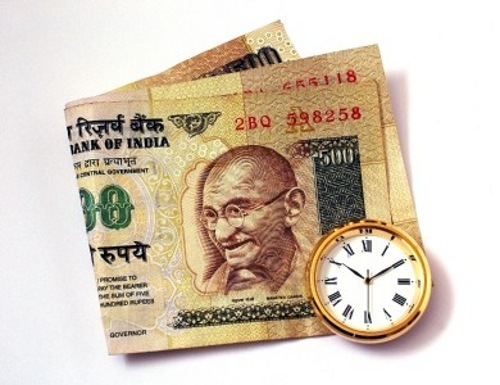Prepayment implies closing the loan earlier than planned. Most banks impose a penalty on prepayment. However, very recently SBI has announced that it will be dropping prepayment charges on its loans. This announcement came the next day after it hiked its base rate by 0.25%. It also withdrew its teaser loan schemes along with this announcement.
Coming back to the subject at hand, in the case of other banks, prepayment can be charged in two cases. One, when you prepay with your own sources. In this case, you issue a cheque from your account. Second, you refinance the loan from another bank.
Impact of prepayment
The prepayment penalty for public sector banks is about 1% or less while it can be anywhere between 1% and 3% in private banks. In many cases, banks do not charge any prepayment penalty if you prepay using your own sources.
The penalty is calculated on principal. Hence if you have 20 lakhs of loan outstanding, the penalty could be from 0 to Rs 60,000 depending on banks.
Now, when it comes to figuring your outstanding loan amount do not assume that for instance if you have taken a 40L loan for a 20 year tenure, you would have paid 20L in 10 years. Here is why. During the initial years of repayment the interest component repaid is higher and during the latter years the principal component is higher. So in your repayment so far you would have only repaid the interest component for the most part.
To determine how exactly the repayment happens throughout the tenure you can visit the BankBazaar website and try out the EMI calculator, which will provide you with the entire repayment schedule otherwise known as the amortization table. Banks do this to retrieve their interest cost or fee for the loan upfront before obtaining the actual loan amount (principal) borrowed.
However, do note that when you prepay it directly reduces the principal amount borrowed. So if you were to prepay in small amounts throughout the loan tenure chances are you will close your loan much earlier. Most banks allow you to partially prepay up to a certain limit without any penalty but when you prepay in full you are likely to incur the highest prepayment charge. However, it maybe worth it if you actually save a significant amount in interest by refinancing the loan.
Banks and Borrowers – some points to keep in mind
From the banks’ point of view, they charge prepayment penalty as it impacts the future income of the bank. To ensure you get clarity on prepayment, you must discuss the clauses at the time of borrowing. Insist on getting a written note on all the clauses.
At the same time, discuss with the bank the specific prepayment penalty levied at different stages of the tenure of the loan as banks have different charges for prepayment at different timelines. For example, banks may charge 2% if you prepay before 5 years, 1% between 5 to 10 years, none beyond 10 years.
You should also discuss with the banks the difference in charges on prepayment from your own sources and on refinancing from other banks.
Last and most important as mentioned earlier, you should also see if you can prepay partially. Most of the banks do allow partial prepayment up to a certain limit. For example, you can pay 3-5 extra EMIs in a year.
RBI and its position on prepayment penalty
The RBI has shown its displeasure in past on prepayment charges and has been advising the banks against it. However in the recent turn of events where SBI has actually dropped prepayment penalty charges there is hope that other banks might follow suit.
Also, it may be worth mentioning that another body, owned by the RBI, the National Housing Bank (NHB) directed the banks in Oct, 2010, with immediate effect, not to charge prepayment penalty when the borrowers pay with their own sources. Violation will lead to action under the National Housing Bank Act, 1987, it said. You can take a look at the one page directive at http://nhb.org.in/Regulation/scan0019.pdf.
This directive, however, doesn’t say anything about refinancing. It remains to be seen if SBI’s recent move has a ripple effect, which can usher good news for borrowers.

This certainly can be some good news if other banks follow, but my question is why do the banks charge service tax when your doing the prepayment of the housing loan (full amount).
Hello this post was very informative. Thank you. I have a housing loan going on with ICICI bank I have been thinking of prepayment of the loan but my question is not the penalty charges from the bank but the service tax. If the banks decide to follow SBI do you think they would drop the service tax charges as well.
I spoke to my bank some time ago the penalty charges are 2% but the Service tax is 10.3% which is a lot.
I read the pdf doc which you mentioned in the post so according to that letter the banks should not be charging the penalty so can we tell the bank that we will not be paying the penalty as per that letter?